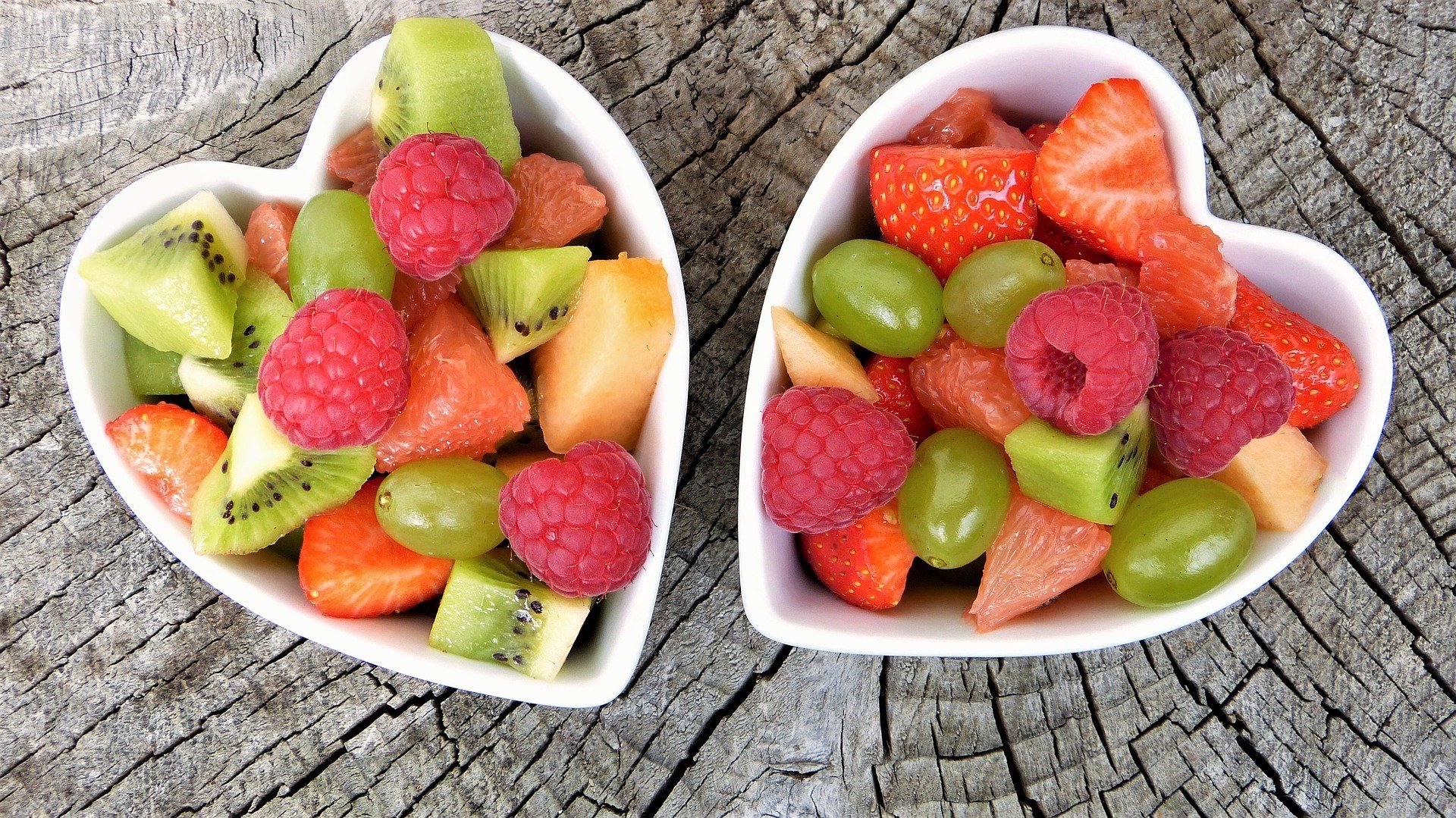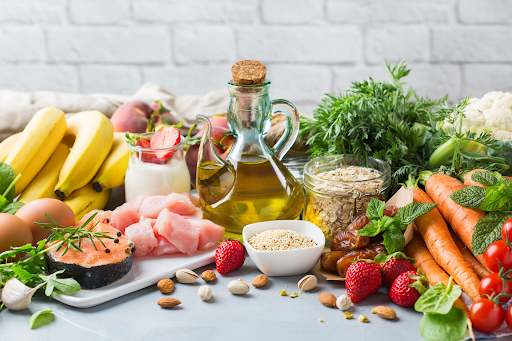
WHY FOCUS ON NUTRITION AND DIETS IN IBD?
People have different ideas about what nutrition means and how nutrition might affect them. Physicians and dietitians generally talk about the specific nutrients (like protein, iron, and calcium) we need, how much is enough, and what is too much. Patients and consumers are often curious about how that translates to which foods they should eat and what foods should be avoided, in other words, a "diet" they should follow.

For some with IBD (inflammatory bowel disease) <<61. What is IBD>>, "diet" becomes a dirty word—another strict, unpleasant part of their disease (Crohn's disease or ulcerative colitis) and its treatment; however, diets can be important tools for helping manage IBD symptoms and recovery. Here at Nutrition4IBD, we are devoted to providing you and your family with the information you need to help you with understanding and living with IBD. Our content is comes straight from family doctors who specialize in GI care and we strive to provide everyone with the best information that extends beyond the clinical setting.
Fortunately, here at Nutrition4IBD and our sister site, Nutrition4Kids, we will help you sort through reliable information and help you understand:
- needed nutrients and where to get them
- foods that may be helpful and why
- foods that may be harmful and why
- different diets
- supplements you can use
- what to do in special situations (strictures, fistulas and after surgery, for example)
- how medicines and nutrition can work together, their benefits and risks
- how to manage your disease better
This article, as well as all others, was reviewed and edited by a member of our Medical Advisory Board.
Subscribe Be the first to know




